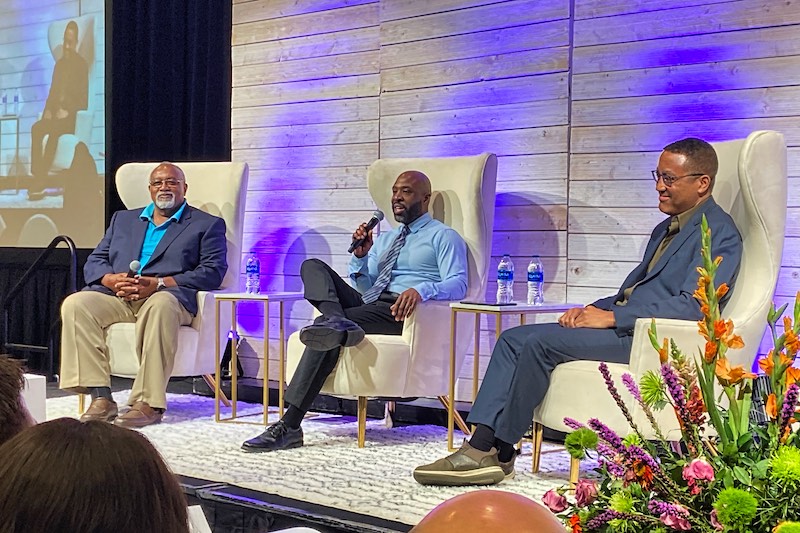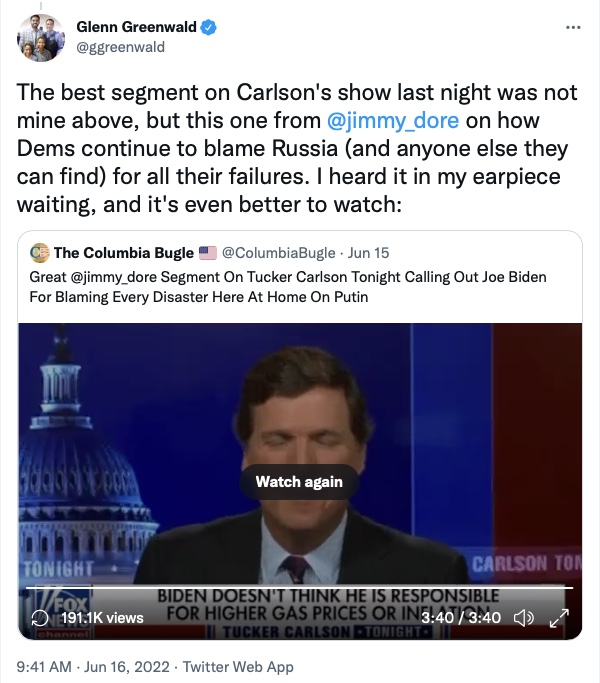Some Hope for Insulin Users, Courtesy of the Revived U.S. Antitrust Division
Excerpt from Matt Stoller's website:
[O]n Thursday, the FTC voted to resurrect the Robinson-Patman Act, a bill prohibiting corporate bribery and price discrimination by middlemen that hasn’t been meaningfully enforced since the 1970s. I wrote several chapters in my book on the titanic fight in the 1930s to tame chain stores with this law, and the equally vicious conflict in the 1970s to stop enforcing it. The end of RPA enforcement is why chain stores like Walmart and Amazon took over our retail space, and why dominant middlemen control every area of our economy at this point. It’s worth noting that Robert Bork’s most hated statute was the Robinson-Patman Act, and he considered it a tremendous victory that he helped end the enforcement of the law.
So what happened at the FTC? All five commissioners voted on a policy statement saying that the use of rebates by dominant middlemen in the insulin market were a potential violation of different laws under the jurisdiction of the FTC, including the Robinson-Patman Act. This vote is a signal to every private antitrust lawyer, state attorney general, and judge, that the Robinson-Patman Act can once again be dusted off and used.
Insulin is a great test case for this law, because everyone knows how unfair and inefficient the insulin market truly is. It’s a medication that has been around since 1922, and yet it has been increasing in cost every year for decades. And while the three main producers engage in all sorts of schemes to push up cost, most of the high cost of insulin is actually a result the middlemen named pharmacy benefits managers - CVS Caremark, Cigna (Express Scripts), and United Healthcare (OptumRx) - who manage and control how medicine is priced and sold. PBMs demand rebates of up to 70% for the right to have an insulin company sell their product to patients. These rebates in turn massively drive up the price of insulin.




